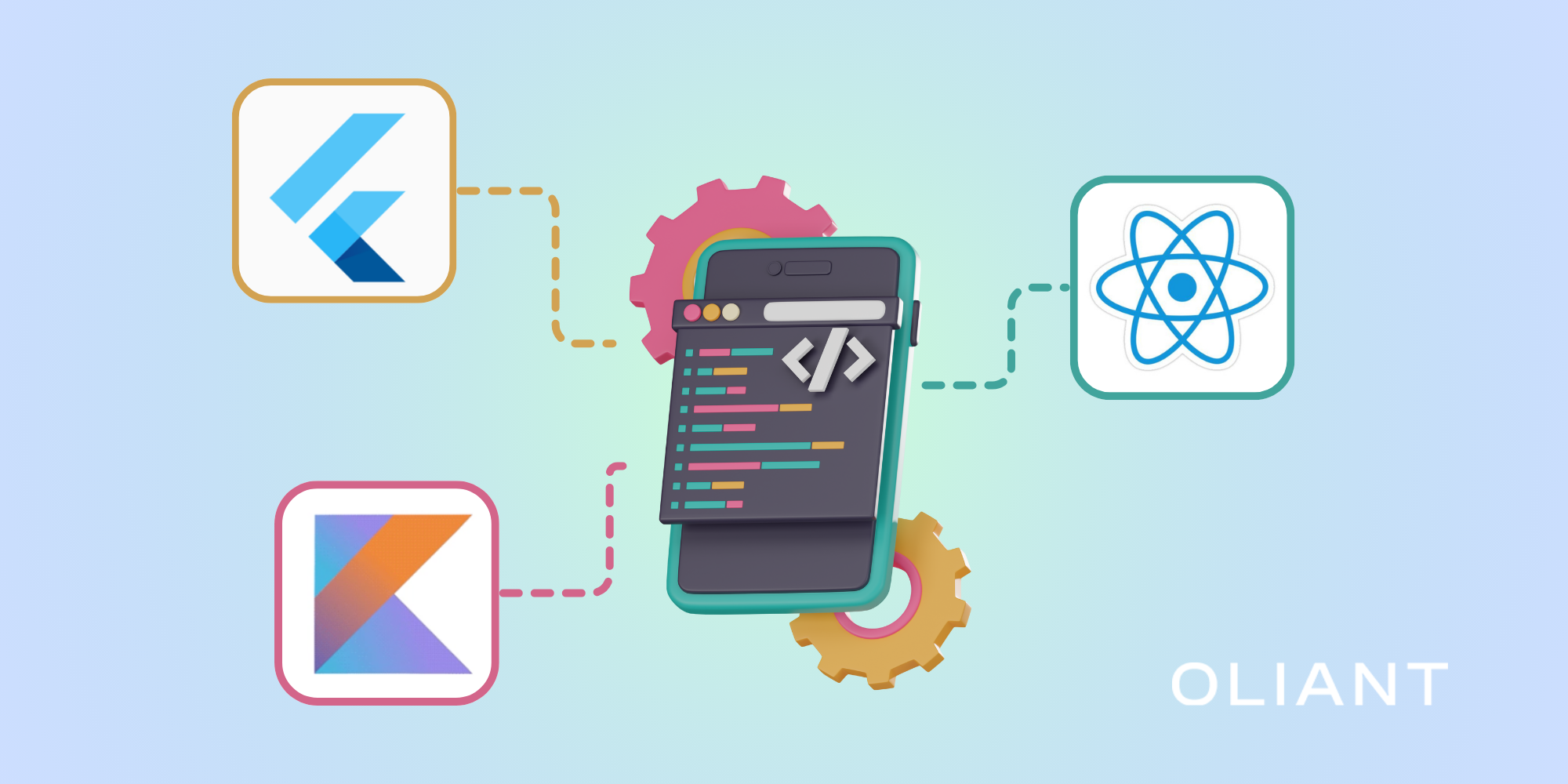Every software engineering team relies on a version control system, or repository, to manage their code. While there have been many VCS options in the past, Git has emerged as a standout choice.
What is Git?
Git is a mature, actively maintained open-source project developed by Linus Torvalds, the creator of the Linux OS kernel, nearly two decades ago.
Git has been designed with performance, security, and flexibility in mind. In many ways, its structure is similar to the Linux file system and works well on a wide range of operating systems and IDEs, which has made it a popular VCS choice among developers.
A staggering number of software projects rely on Git for version control, from commercial to open-source. An essential feature is that developers clone repositories. Rather than have only one place for the full version history of the software, in Git, every developer's working copy of the code is also a repository that can contain the full history of all changes.
GitHub vs. GitLab
Over the years, several Git tools have emerged to make the most out of it’s features: GitLab and GitHub are two of the most popular.
GitHub was started in 2008, offering cloud-based Git services that allow worldwide access to repositories without the need to set up Git servers. GitHub has since expanded to include project management, bug tracking, continuous integration and delivery (CI/CD), and documentation through GitHub Pages.
GitLab is newer in the market; it was established in 2014. However, GitLab is especially known for its strong focus on DevOps and advanced CI/CD pipelines, with features like feature flags, canary deployments, and incremental updates.
Despite their different origins and initial project focus, GitHub and GitLab have evolved into comprehensive platforms with large user bases. This has led to healthy competition and driven continuous innovation and improvement in their services.
Cloud-based Git
The key distinction between using a private Git server and opting for a cloud-based Git service like GitHub or GitLab is the simplicity of setting up repositories, configuring access, and getting to work quickly. In cloud-based environments, lower infrastructure, support, and security costs make Git a powerful tool for companies and developers alike.
GitHub and GitLab continuously add services to simplify project management, development, and deployment, making them popular choices for end-to-end software solutions.
GitHub & GitLab: How are they alike?
Naturally, coming from the same software base, GitHub and Gitlab share plenty of similarities from their origin in Git, although each of them applies their uses in different ways.
Project Management
In addition to outstanding repository management, both platforms offer the most common collaboration service: project management. They allow users to create project boards, feature backlogs, track issues, and change requests following the best methodologies, such as Scrum and Kanban.
Both interfaces are similar, though their interfaces differ slightly. We recommend trying them both and judging yourself which better fits your team's workflow.
.avif)
Static website hosting
Static web hosting is a fundamental feature for hundreds of thousands of small businesses, freelance developers, proof-of-concept projects, and others. Companies requiring static website hosting must hire a third-party service to deploy it.
Both services for static website hosting can be accessed respectively through GitHub Pages and GitLab Pages, which co-locate your code with the service deployed, reducing cost and enhancing project cohesion.
Private and Public repositories
GitLab and GitHub both offer unlimited private and public repositories, with minor differences related to storage. GitLab provides unlimited hosting for public repositories and a 500 MB limit for private repositories. GitHub offers 10 GB storage for the entire repository, meaning the whole project and static websites must fit that size.
CI/CD Pipelines
Continuous Integration and Continuous Development (CI/CD) is a fundamental principle of modern software development. Both platforms support CI/CD pipelines, but GitLab stands out for its advanced DevOps features, while GitHub uses GitHub Actions, which is more complex but has a strong support of people via a marketplace.
A deployment pipeline requires infrastructure to build, test, and deploy your code. Cloud platforms efficiently manage the infrastructure, and prices are based on minutes of use.
GitHub provides 2,000 free CI/CD minutes per month for private repositories and unlimited minutes for public ones. In comparison, GitLab offers 50,000 minutes for public repositories but reserves some of its advanced features for premium tiers.
Open-Source support
GitLab started as an open-source-focused platform and has famously maintained constant support throughout its history. Still, GitHub offers more open-source collaboration features, like discussions and wikis, which allow developers and other stakeholders to communicate and discuss ideas before implementing changes, new features, or fix errors.
Both platforms have active open-source communities, but GitHub is the larger one, as shown in the 2022 Stack Overflow Survey. Out of 67,035 users, 87.02% said they use GitHub for personal projects, compared to GitLab's 20.51%. GitHub also leads with 55.93% for professional projects, while GitLab's has stayed at 28.9%.
AI support
Of course, we must discuss AI support in 2024. Both platforms have AI products that empower developers to write better code faster. GitHub has Copilot and GitLab offers Duo. Even though both platforms have similar features, and the training uses a similar vast amount of code, the popularity of Copilot is significantly higher.
There is a slight price difference: GitHub's AI costs $10 per user per month, while GitLab's AI sits higher, at $19 per user per month.
What are the differences between GitLab and GitHub?
As we mentioned, both services are, in a way, very similar. However, there are some divergences that are important to keep in mind when choosing how to approach your project development.
Development workflow management
Both GitHub and Gitlab have developed a solid project management foundation that permeates most modern team practices and enforced this workflow in their environments.
GitHub-Flow focuses on speed and is ideal for agile teams and projects moving quickly. The usual strategy involves branching out from central production and merging back when the feature is ready. We recommend this to small teams with mid- to high-skilled developers.
GitLab-Flow emphasizes reliability and stability. This practice enforces staging branches before implementing them into the production. This way, developers never have to merge their code into the active production branch; there is an intermediate step to deploy and test before promoting it forward.
Third-Party integrations
Most mature platforms allow integrations from third-party providers that extend their offer. However, GitLab stands out in this regard, having built most of its features and capabilities with limited third-party integrations.
GitHub, on the other hand, prefers to focus on the core functionality and allows a marketplace where companies can find a large variety of non-built-in capabilities and integrations.
We recommend evaluating your needs ahead of time to see if your project would require access to third-party integrations. As it stands now, the core set of features is usually enough to support most companies' operations.
Private Cloud
Self-hosting is a capability that some industries and companies require due to compliance and regulations. There are several reasons for self-hosting, such as GDPR or similar data privacy regulations, specific industry regulations requiring complete environmental control, or business decisions.
Currently, only GitLab offers this capability, which can limit your options if your company requires self-hosting of the environment. The good news is that self-managed services are included in all of their free plans.
Pricing
Both companies' generous free plans benefit many projects and small teams. However, upgrading to a paid tier could become necessary once your projects and teams grow.
GitLab offers a Premium plan at $29 per user, billed annually. The company reserves an additional Enterprise named Ultimate for Enterprise world. In our experience, you can negotiate the plan directly with GitLab if you have more complex requirements.
GitHub offers two plans: Team and Enterprise. The team plan resembles GitLab's premium tier, which starts at $4 per user billed monthly. The Enterprise plan fits most companies that require exceptional security and SOC1 and SOC2 compliance and implements Enterprise Single Sign-On. It provides a higher level of auditing needed in many industries and corporations at a $21 per user billed monthly.
For many SMBs, GitHub is the best pricing option, as it provides similar features at a lower cost.
So, should I use GitHub or GitLab?
As you can see, there are many factors to keep in mind when choosing whether to use GitHub or GitLab, it all depends on what your project’s goals and needs are, as well as your budget, of course.
If you’re still not sure where to start, we recommend you ask yourself the following questions:
- What is my budget?: As we just mentioned, both platforms provide excellent standard features, but GitHub stands out for its lower price.
- Is it an open-source project?: If yes, then consider GitHub. It has the largest community and provides unique functionality such as wikis and discussion boards.
- Do I need self-hosting?: If your company requires self-hosting, you have only one choice: GitLab, since GitHub does not support this option.
- Do I need more than just the core features?: Both standard services provide a strong base of core features. However, if you find yourself needing something beyond, then GitHub might be the right choice, since it allows for easier third-party integration.
We always suggest starting simple, but keep in mind that every project's goal is growth, and your future goals can define the current decisions of which provider to use earlier in the development stage.
Both platforms have created their own unique niches over the years, providing users with a wide range of tools and services for development. Regardless of how you choose to move forward with your project, Git will most certainly have an option available for you.





















.png)





.png)



.png)









.avif)










.avif)
